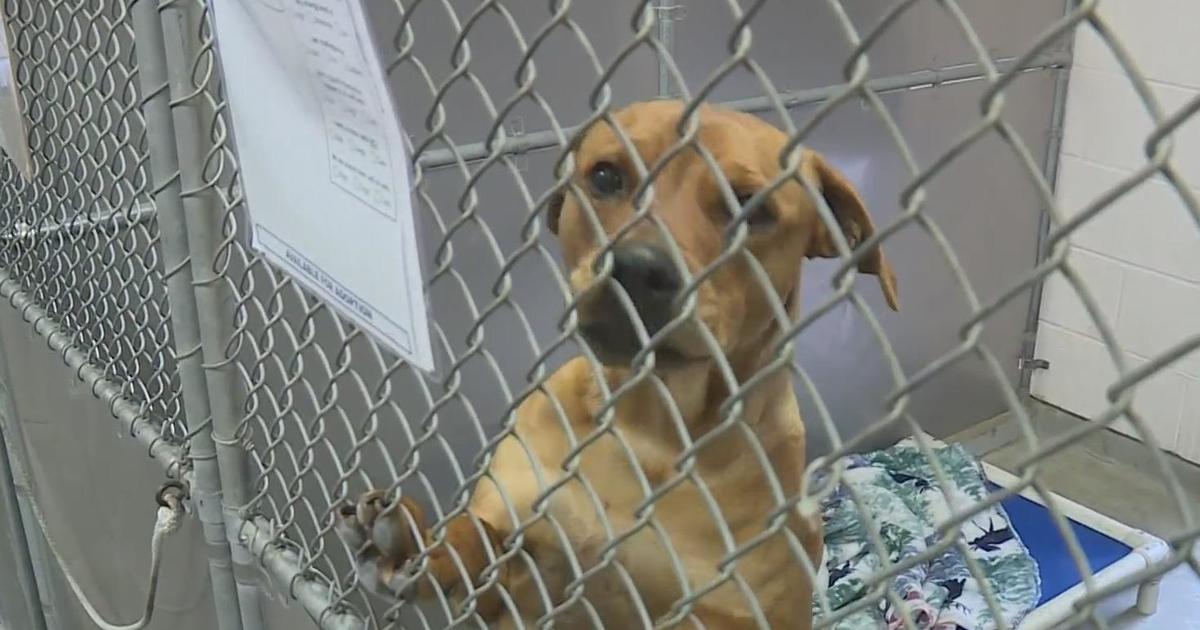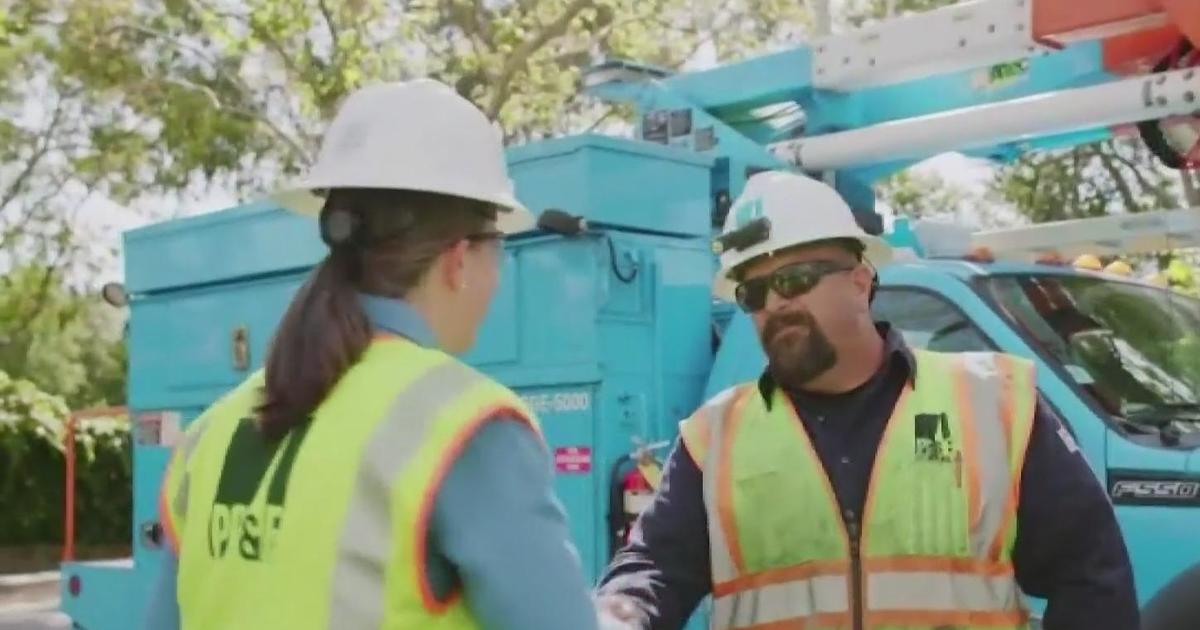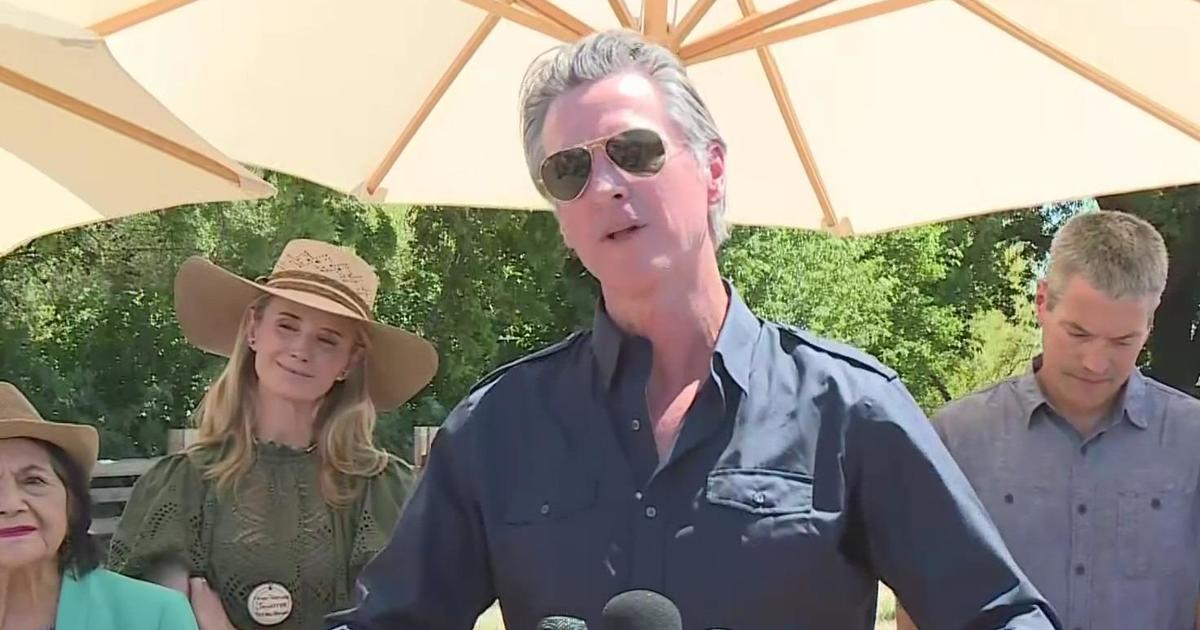California Democratic Lawmakers Replacing 'Spending' With 'Investing' For State Surplus
SACRAMENTO, Calif. (AP) - As billions of dollars in unexpected tax revenue pour into California, Democratic lawmakers have proposed all kinds of ways to distribute the windfall after years of recession-era budget cuts.
Just don't call it spending. In recent weeks, Democrats have been using a more palatable and fiscally responsible term to characterize their individual priorities.
Instead of spending the taxpayer surplus, they want to invest it.
Last week, Assemblywoman Nancy Skinner, D-Berkeley, opened up a joint legislative budget committee hearing by saying she hopes the state will make "meaningful and strategic investments in early and higher education, in health care access and closing that opportunity gap."
Senate President Pro Tem Darrell Steinberg, D- Sacramento, has said in recent weeks that he would like to "make sure that there is room left for some investment to meet the needs of the people."
Shortly after being sworn in as Assembly speaker last month, San Diego Democrat Toni Atkins said she wanted to help craft a budget that "expands opportunity by making smart investments."
Webster's dictionary defines investment as "the outlay of money, usually for income or profit." But Democratic lawmakers are framing their spending proposals for welfare, health care, child care, education and preschool for low-income families as a human investment. They say it will pay off with a more productive workforce and higher future tax revenue for the state.
Jessica Levinson, a professor at Loyola Law School in Los Angeles, described Democrats' replacing the word "spending" with "investment" as a rhetorical device to make their budget proposals more acceptable.
"Is it smart rhetorically to categorize this as an investment rather than just an expenditure? Absolutely, because it makes it sound like we're not just spending money," she said.
Whether Gov. Jerry Brown buys it is another matter. The Democratic governor preaches austerity and wants to funnel most of the state's surplus into a rainy day fund and paying down the state's unfunded pension obligations and other debts.
Spending or saving most of the surplus is the main point of contention between Brown and Democrats who control the Legislature as lawmakers face a Sunday deadline to send the governor a balanced budget.
The Brown administration is using a more conservative revenue estimate for the $107.8 billion general fund budget for the fiscal year that starts July 1. It warns against starting new programs based on increases in tax revenue that will likely be fleeting.
Lawmakers want to use more optimistic figures from the Legislative Analyst's Office, which predicts the state will collect $2.5 billion more.
But the flood of additional cash may be starting to ease. On Tuesday, the state controller's office reported that revenue fell short of projections for the first time in six months by 5.5 percent, or $389 million. Overall, tax collections are still up $1.8 billion, or 2.1 percent, for the fiscal year.
California's fiscal turnaround is caused in part by voter passage of Proposition 30 in 2012, which increased the state sales tax for four years and taxes on high-income earners for seven years.
Republican lawmakers generally agree with Brown that the Legislature should not commit to ongoing programs based on the current spike in revenue.
"Call it what they will, the Democrats seek to spend one-time money that is largely the result of the voters approving a $45 billion tax increase that was intended for education and public safety," said Assembly Minority Leader Connie Conway, R-Tulare. "Their 'investments' will be in law and come with a bill year after year, regardless of having the revenue to pay."
California Democrats aren't the only ones to play the semantic game.
"The point is that for the average young person, an investment in college is always going to be a smart investment," President Barack Obama said Tuesday during his first Tumblr session in discussing student loans. "Making sure you know what it is that you're investing in is important."
Sen. Mark Leno, D-San Francisco, defended the Democrats' use of the word investment. He said they agreed with Brown that California needs to build a savings account for future downturns and start paying down its pension obligations. But he also said the state's surplus should be used to restore or expand social, education and college programs that were reduced during the recession.
"There's no disagreement about that," Leno said. "But yes, we do believe we need to begin to reinvest in the people of California."
Copyright 2014 The Associated Press.



